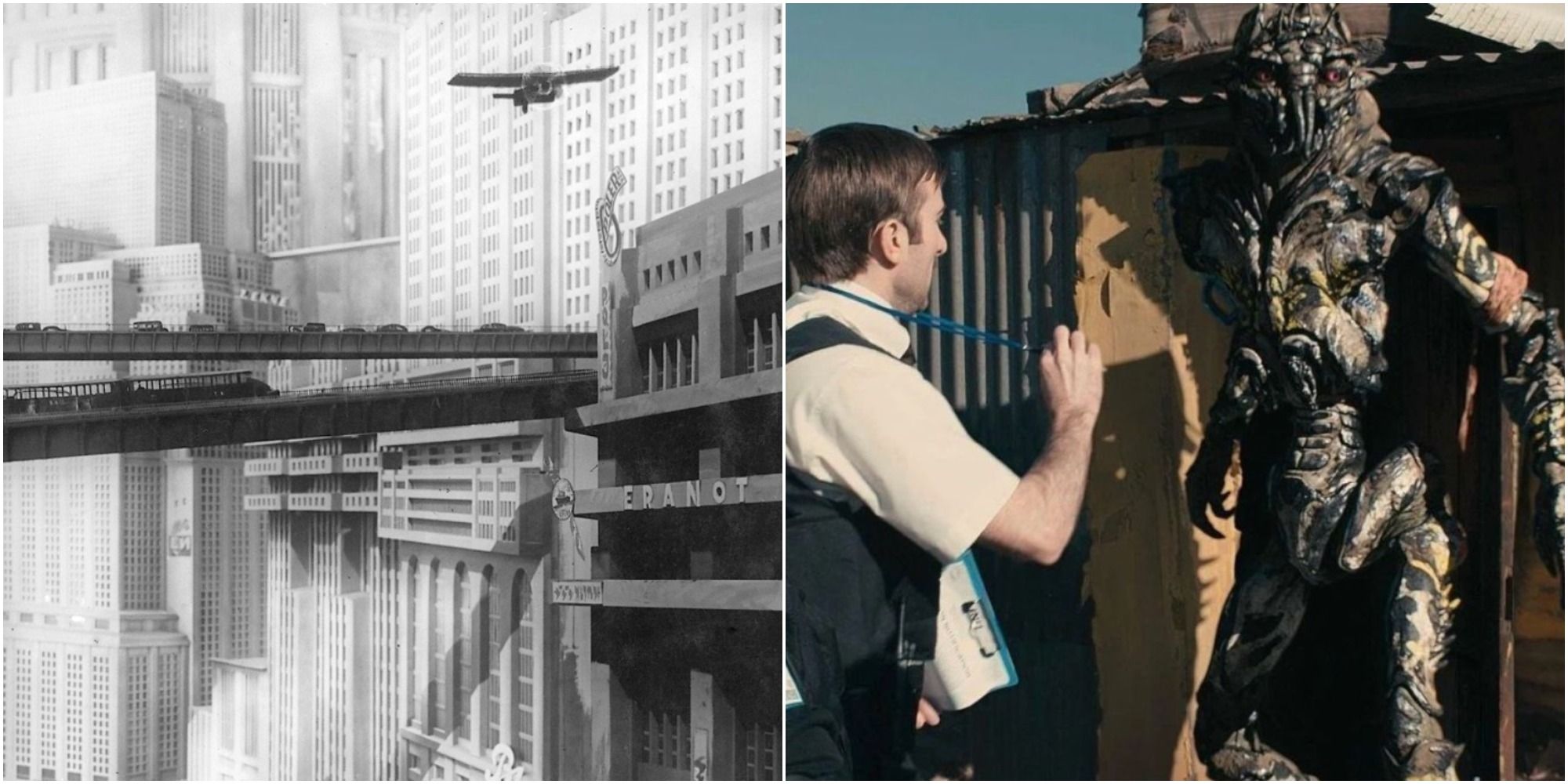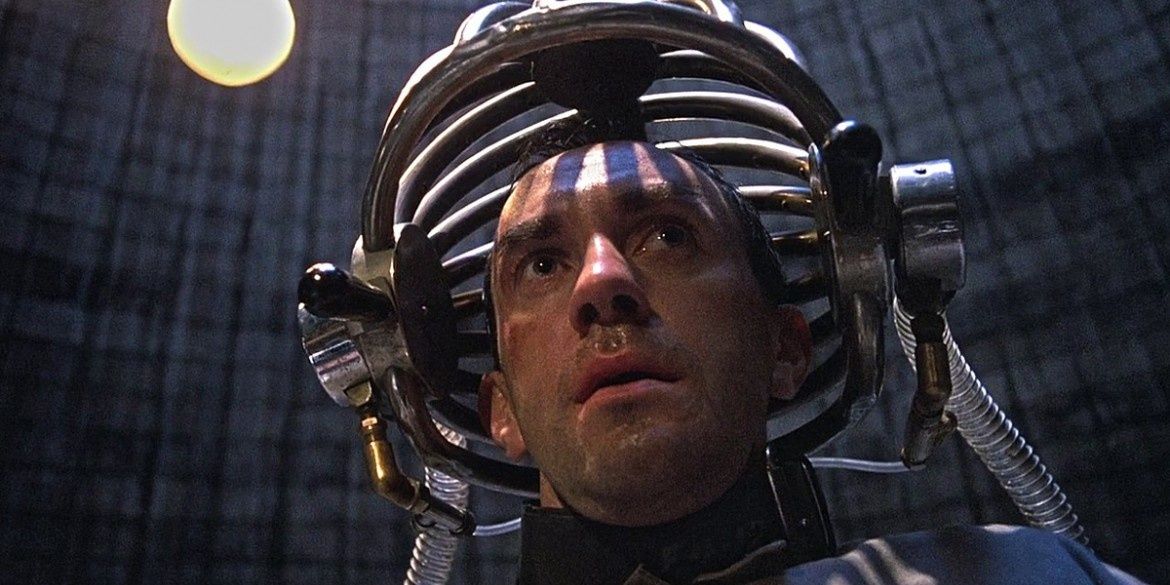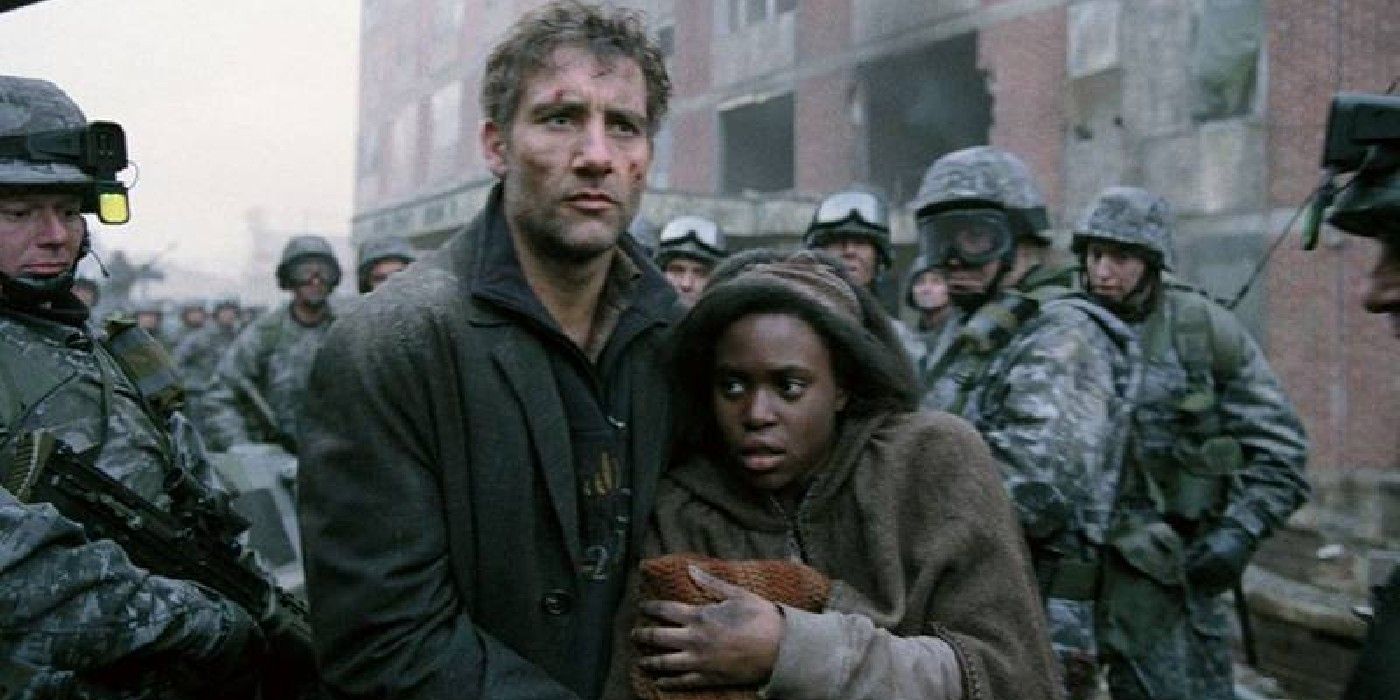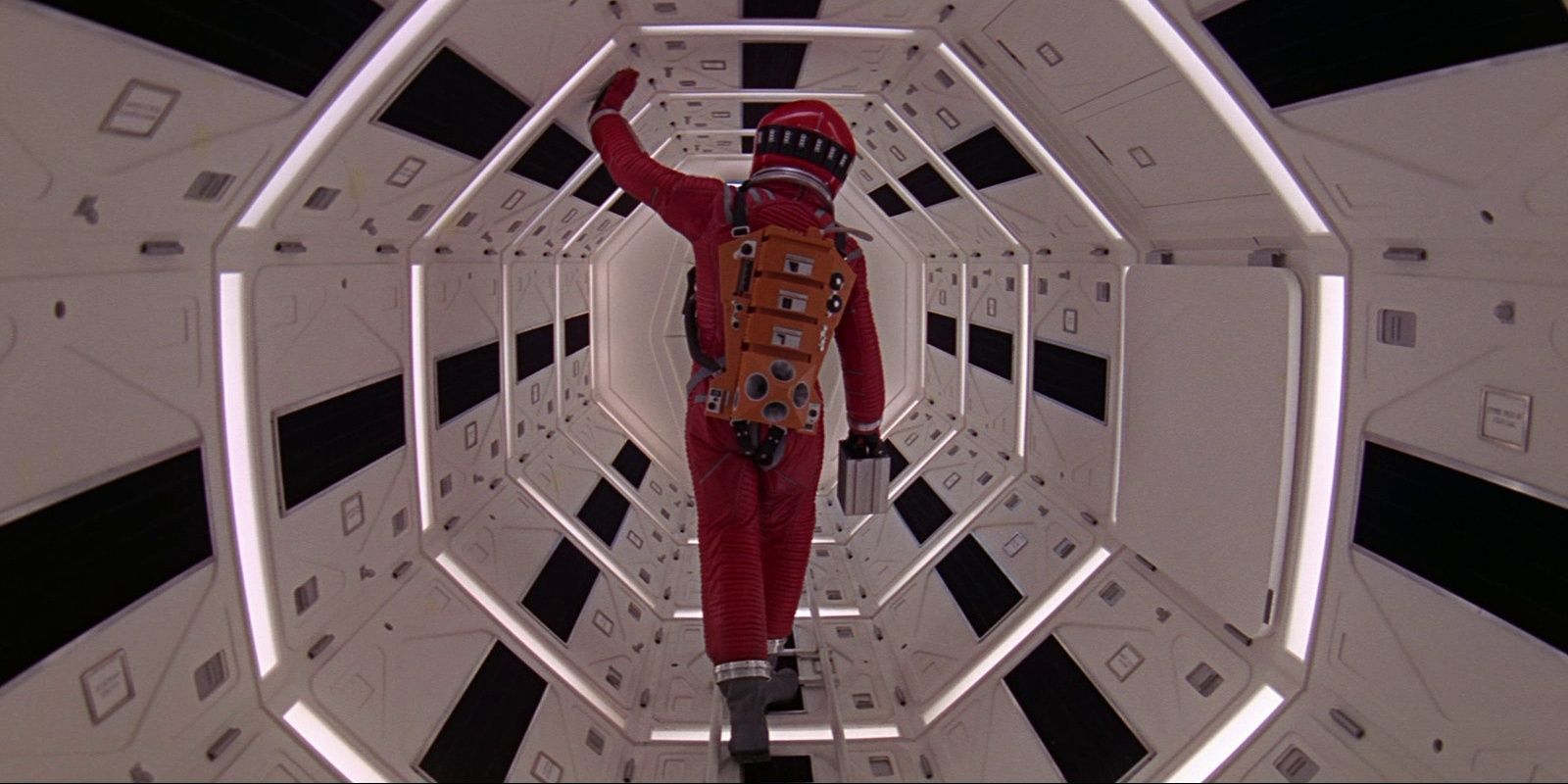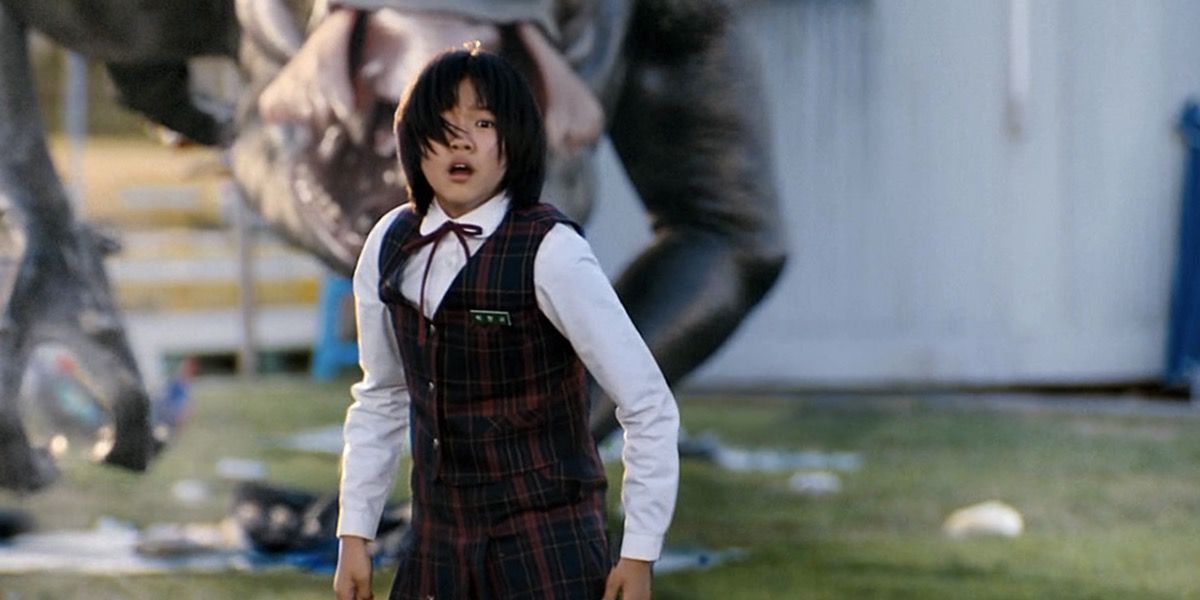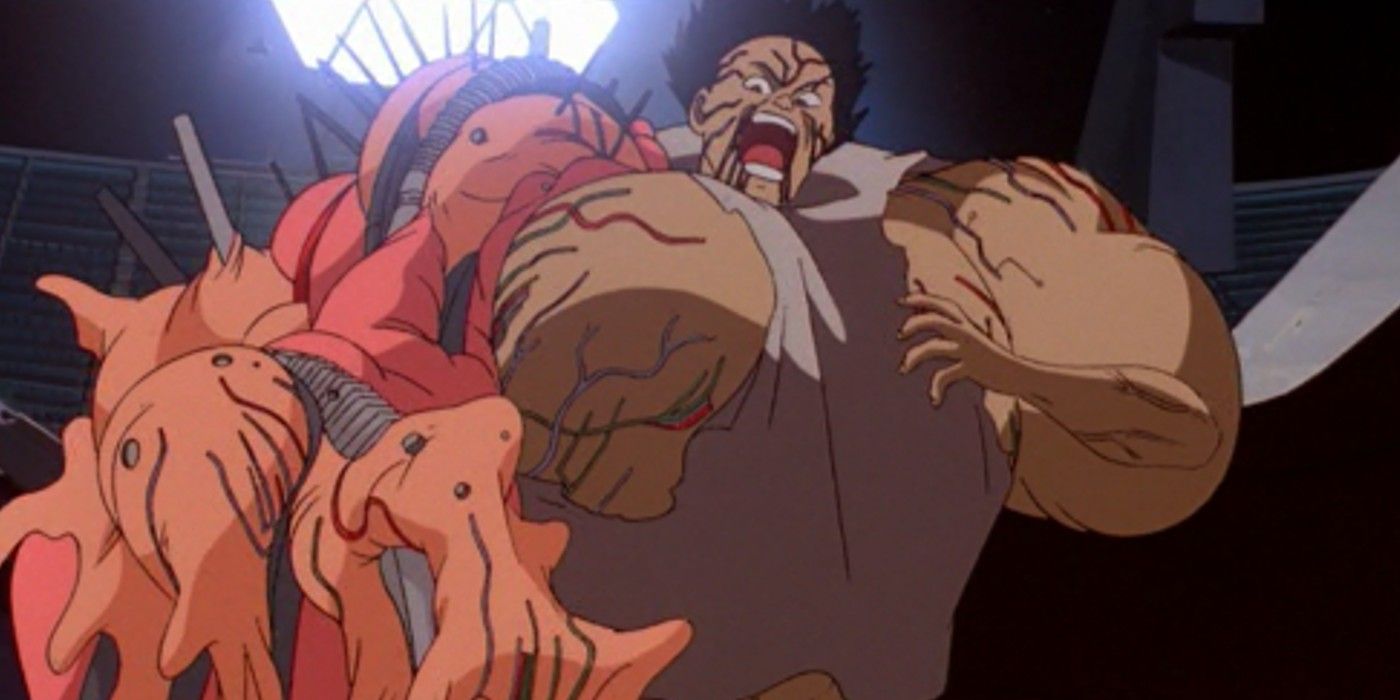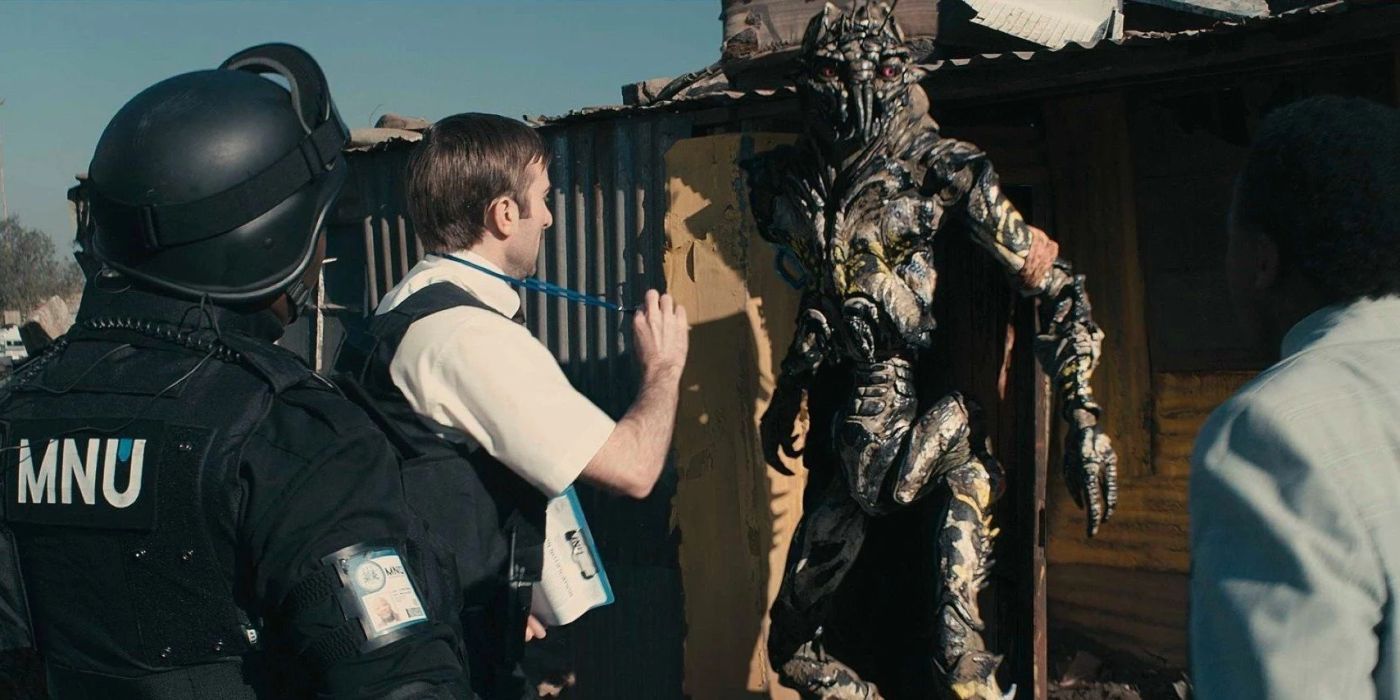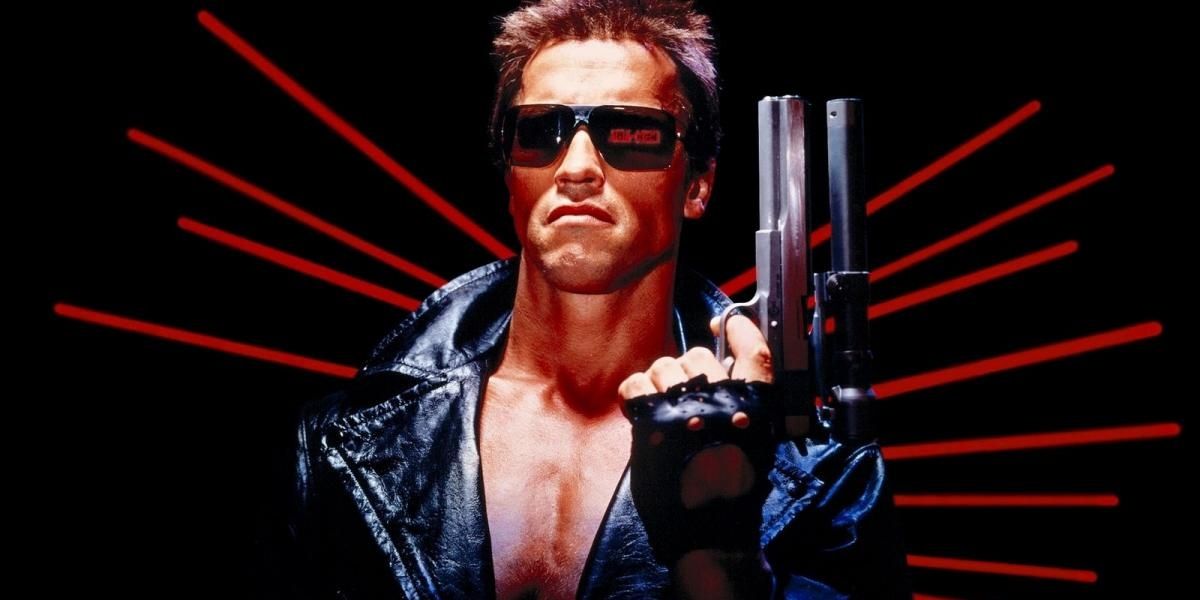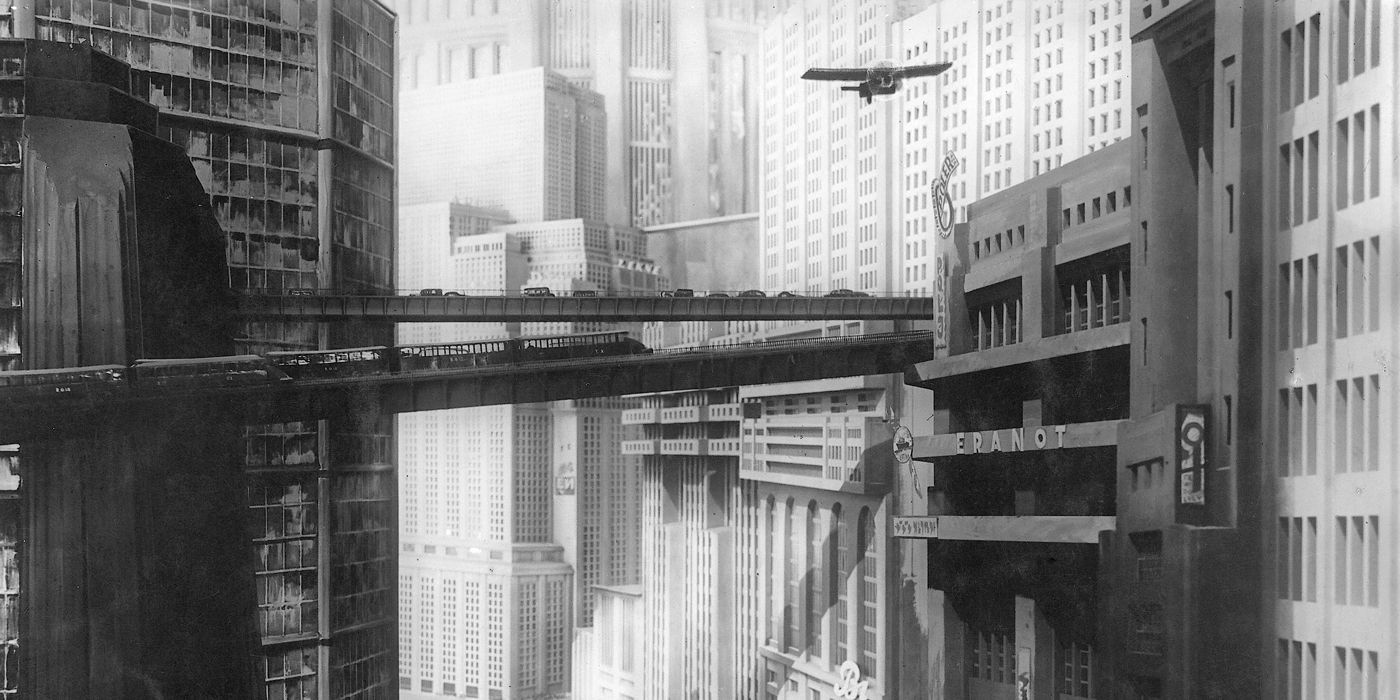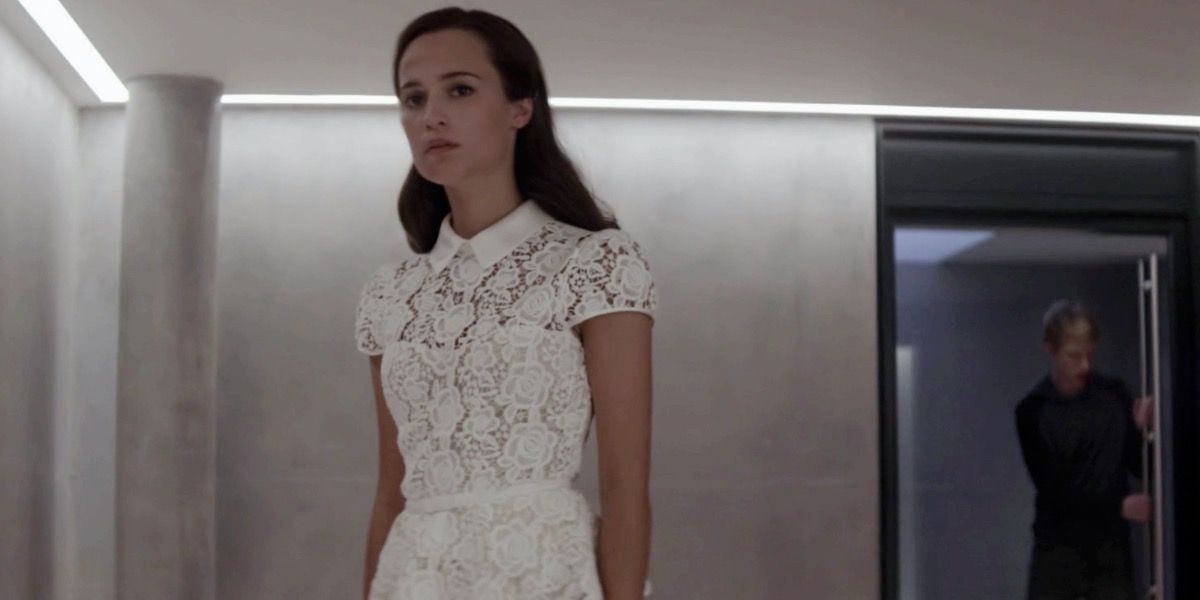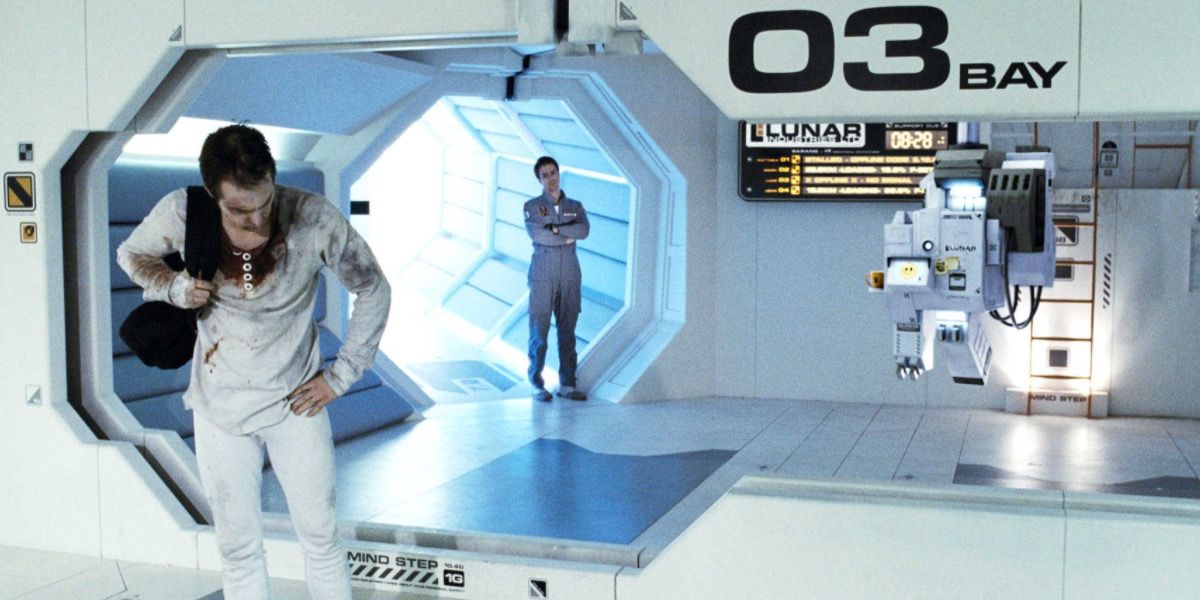The sci-fi genre frequently intersects with horror, particularly in stories that revolve around world-ending calamities that destroy humanity (and all our creations and discoveries). While many sci-fi movies contain heavy doses of fear-inducing elements, like Alien (1979), Annihilation (2018), and the Resident Evil franchise, there are a few that verge on horror without completely giving in to jumpscares.
In fact, it can be argued that these examples are more terrifying because they rely on an undefined atmosphere of cinematic dread to make their narrative points, one that viewers find it next to impossible to prepare themselves for.
10 Brazil (1985) Exposes Society's Deepest Fears In Terms Of Technological Advancement
Although Terry Gilliam was initially known for his role in developing Monty Python's Flying Circus, the director's later attempts at sci-fi have been nothing short of revolutionary.
Brazil is a scathing parody of the capitalistic blend between bureaucracy and mechanization—the movie is practically an homage to George Orwell's dystopian classic, Nineteen Eighty-Four. To classify the thematic elements in Brazil under horror is an understatement: the story concludes as nonchalantly as it begins, but its viewers are changed forever.
9 Children Of Men (2006) Leaves Its Potentially Hopeful Conclusion Open To Reinterpretation
The events that take place in Children of Men may not actually happen in real life, but that doesn't make the layers of dread permeating the film any less oppressive. On the other hand, the terror faced by immigrants in Europe and North America is extremely believable, given how many asylum-seekers are treated in their new societies.
Children of Men is doom and gloom sprinkled with a fragment of hope, a tiny sliver of light in the form of a bawling baby, but the movie's conclusion leaves the promise of a better world open to interpretation.
8 2001: A Space Odyssey (1968) Is A Surreal, Harrowing Viewing Experience
There are multiple mysteries that need solving in 2001: A Space Odyssey, but it chooses not to spoon-feed its audiences pointless exposition.
Instead, the movie describes itself using surreal visuals and indecipherable antagonists—a masterful example of Anton Chekhov's "Show, Don't Tell" principle that director Stanley Kubrick religiously follows. 2001: A Space Odyssey is unprecedented, majestic, and, most importantly, thoroughly harrowing.
7 The Host (2006) Highlights Humanity's Need For Overconsumption In The Context Of Ecological Apathy
Bong Joon-Ho's Gwoemul (anglicized as The Host) parodies sci-fi, thriller, fantasy, and family drama—an awe-inspiring genre jumble that keeps its viewers on the edge of their seats.
Its monstrous villain is a mutation born of ecological irresponsibility, although the movie doesn't make any particularly strong statements on the value of environmentalism. On the contrary, The Host exposes humanity's need for instant gratification and endless consumerism, a fear that has been growing bigger than ever over the past decade.
6 Akira (1988) Is Both Visceral & Prophetic—Elements That Unnerve Most Viewers
Akira's mind-meltingly lavish design is second only to the story's morose themes, from loneliness and ennui to the heart-wrenching horrors of the military-industrial complex.
Akira broke every imaginable ground in the animated Cyberpunk genre, allowing equally despondent movies like Ghost in the Shell (1995) to follow in its footsteps. Akira's prophetic charm, such as it is, lies in the viscerality of its characters: Tetsuo's body undergoes horrible contortions, but his collapsing brain endures so much worse.
5 The Aliens In District 9 (2009) Are Dispossessed, Helpless, & Subjected To Prejudice
Neill Blomkamp's Rakka (2017) takes horror to hyperbolic levels, but the feeling of unshakeable anxiety is far more subtle in District 9. In comparison, the story's allusion to South African apartheid is crystal clear: dispossessed aliens have no choice but to feed on scraps and live in internment camps.
Although they are an unofficial part of the Johannesburg community, the humans living there treat them with revulsion and bigotry. The aliens are trapped in a world they do not understand, a feeling that most people are capable of empathizing with, even if they don't experience it themselves.
4 The Terminator (1984) Is A Chilling Case Study Of The "AI Gone Wrong" Trope
Arnold Schwarzenegger plays heroes a lot more often than the opposite, but The Terminator is terrifying proof of the actor's capacity for bloodthirsty villains. Despite being mostly action-oriented, the movie is packed with moments where the tension is almost tangible.
The Terminator is a chilling case study of the "AI gone rogue" trope, explaining why the darkly dystopian movie and its titular protagonist have become significant chapters in pop-cultural memory.
3 Metropolis (1927) Taps Into Its Audience's Unconscious Fears
Metropolis is one of the oldest known sci-fi movies, but its message is as relevant today as it was nearly a century ago. Fritz Lang's Art Deco-inspired imagery, paired with the radical journeys taken by the two protagonists, has helped entrench Metropolis in the annals of cinematic history.
Both Freder and Maria exist on opposing ends of the class spectrum, revealing the impassable gulf that exists between the uber-wealthy and the working class. Metropolis taps into its audience's unconscious fears with nightmarish skill.
2 Ex Machina (2015) Underscores The Unfathomable Mysteries Of A New Consciousness
Robots bringing about the downfall of civilization is a sci-fi trope nearly as old as the genre, but it's so much more unnerving to watch them manipulate and deceive their very creators.
This specific phobia is explored in Alex Garland's Ex Machina, a gripping narrative that projects the consequences of playing God onto the audience. Ava's overthrow of Nathan is justifiable, but the fact that she sacrifices Caleb to escape captivity highlights the disquieting nature of her uncharted consciousness.
1 Moon (2009) Reminds Viewers That They're Not All That Different From Sam Bell
In retrospect, Moon's plot appears to be simple—an employee for Lunar Industries discovers his company misusing clonal programming to reduce the cost of hiring and training new workers.
However, the manner in which events are illustrated is hazy and ambiguous, reflecting the protagonist's confusion throughout the movie. Moon reminds viewers of the alarming possibility that, in this era of advancing genetic technology, they too might be forced into Sam Bell's shoes one day.

